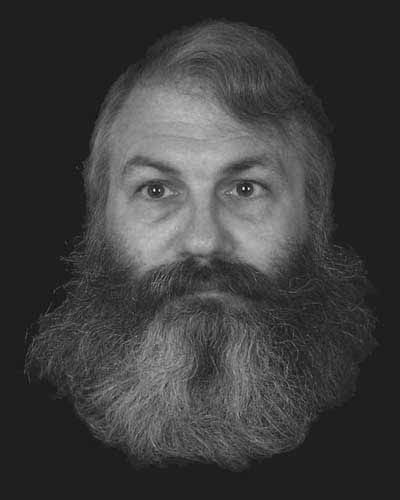What is a justified true belief?

http://en.wikipedia.org/wiki/Epistemology
Plato
In Plato's dialogue Theaetetus, Socrates considers a number of theories as to what knowledge is, the last being that knowledge is true belief that has been "given an account of"—meaning explained or defined in some way. According to the theory that knowledge is justified true belief, in order to know that a given proposition is true, one must not only believe the relevant true proposition, but one must also have a good reason for doing so. One implication of this would be that no one would gain knowledge just by believing something that happened to be true. For example, an ill person with no medical training, but a generally optimistic attitude, might believe that they will recover from their illness quickly. Nevertheless, even if this belief turned out to be true, the patient would not have known that they would get well since their belief lacked justification. The definition of knowledge as justified true belief was widely accepted until the 1960s. At this time, a paper written by the American philosopher Edmund Gettier provoked widespread discussion. See theories of justification for other views on the idea.
http://www.orange-papers.org/orange-propaganda.html
In his Rhetoric, Aristotle acknowledges that it would be better if we could make our case without either browbeating or flattering the audience; nothing should matter except "the bare facts." Yet he laments, "other things affect the result considerably, owing to the defects of our hearers."
— Stanley Fish, in his blog "Think Again" in the New York Times, 2008.11.09
http://www.online-literature.com/
Lewis Carroll - Through the Looking-Glass (1871)
Alice laughed. 'There's no use trying,' she said: 'one CAN'T believe impossible things.'
'I daresay you haven't had much practice,' said the Queen. 'When I was your age, I always did it for half-an-hour a day. Why, sometimes I've believed as many as six impossible things before breakfast.'
Billy’s Paradox
You cannot believe in the unbelievable; you cannot know about the unknowable; you can of course believe in the unknowable but you cannot justify that belief. Therefore the truth in the matter is not paramount because it’s the belief that guides all our understanding.
Billy’s Theory
If any man will attempt to justify God, he should clear away some of his personal beliefs in order to see more truth. Once this is done, he will realize that man cannot justify God, rather it’s God who must justify mankind.

